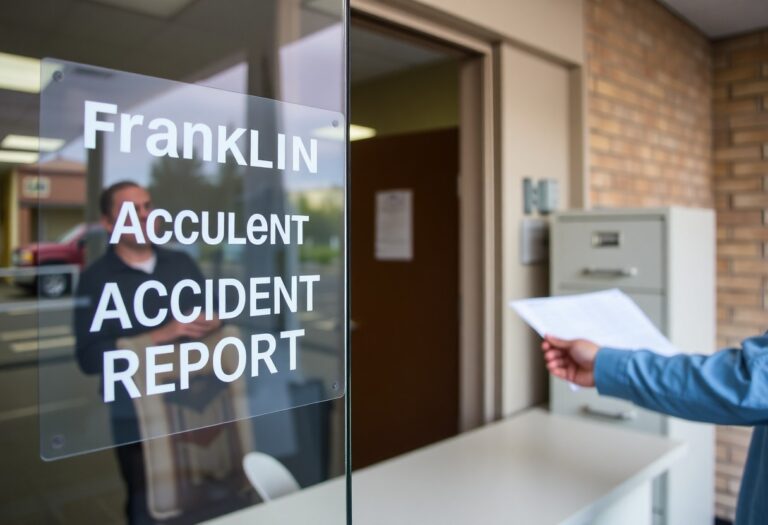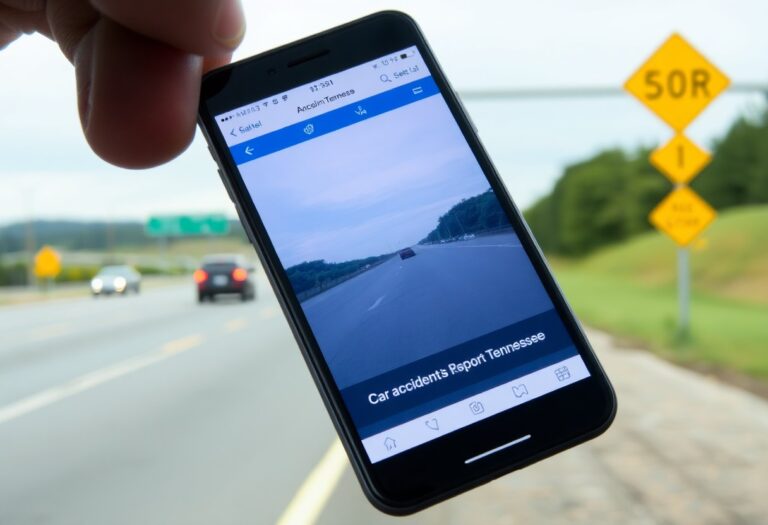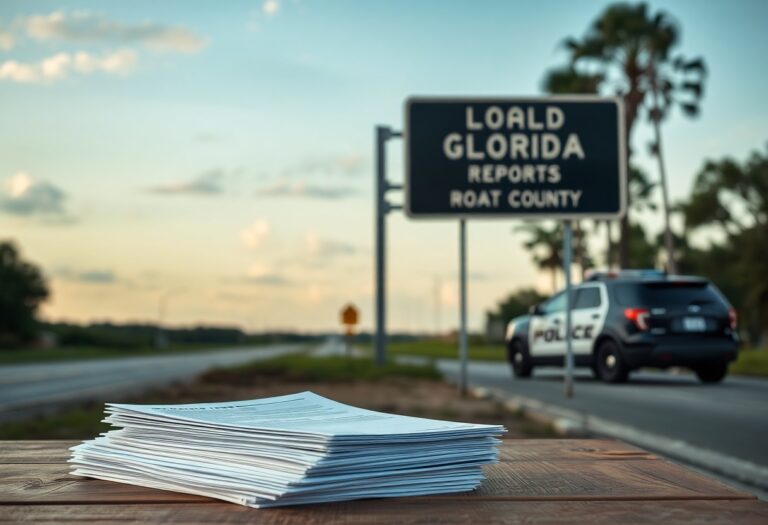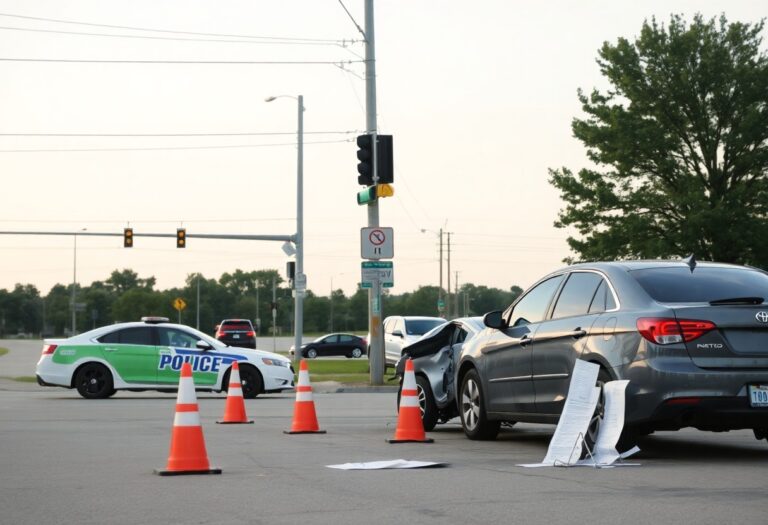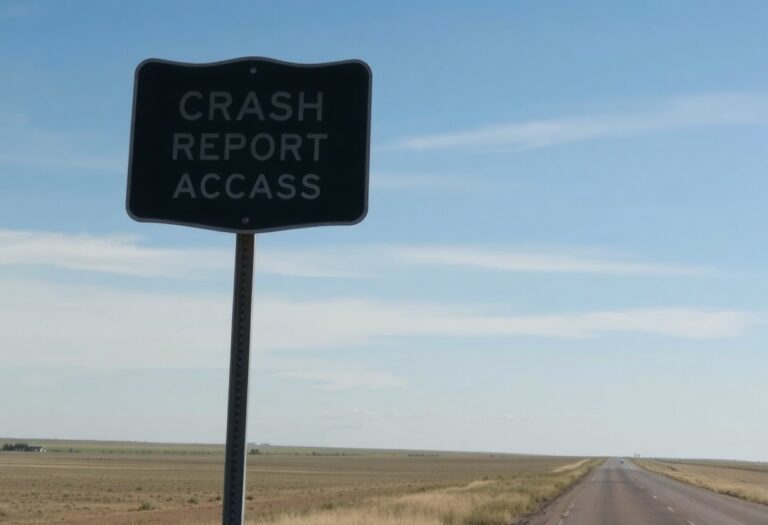Over time, traffic accidents can be overwhelming and stressful, leaving you in need of important documentation. If you are looking to obtain your accident report in Monmouth County, New Jersey, you’ve come to the right place. This guide will provide you with step-by-step instructions on how to efficiently secure your report, ensuring you have the information you need for insurance claims or legal purposes. Understanding this process is vital to navigating the aftermath of an accident smoothly, giving you peace of mind during a challenging time.
The Legislative Framework: Laws Governing Accident Reports in New Jersey
New Jersey’s approach to accident reports is governed by a combination of state statutes and local policies, which dictate how these documents are generated, maintained, and accessed. The New Jersey Open Public Records Act (OPRA) is particularly significant, as it ensures that the public can request and obtain records, including accident reports from law enforcement. This legal framework balances public interest in transparency with the need to protect sensitive information, ultimately establishing the parameters within which you can request your accident report.
Key State Regulations Impacting Report Accessibility
Several state regulations enhance the accessibility of accident reports. Under OPRA, you have the right to request these documents, and law enforcement agencies are obligated to respond within seven business days. This law also outlines specific exemptions, ensuring that while most accident reports are accessible, certain particulars—such as ongoing investigations—may remain confidential. Understanding these regulations allows you to navigate the process smoothly.
Understanding Privacy Protections and Their Implications
Privacy protections have significant implications for the accessibility of accident reports in New Jersey. While you can access many details of an accident report, sensitive information related to the parties involved—such as Social Security numbers—will be redacted to protect individual privacy. This balance serves to uphold transparency while respecting personal privacy. Specific instances, such as domestic violence cases, may lead to heightened restrictions, limiting access even further. Consequently, knowing these protections helps you frame your expectations when seeking accident documentation.
Privacy regulations play a pivotal role in determining what information you can obtain from an accident report. For instance, information like the names and addresses of victims may be available, yet personal identifiers will often be redacted to prevent misuse. Additionally, the identity of any involved parties that have legal protections, such as minors, will be safeguarded. This layered approach to privacy not only supports individuals’ rights but also requires you to understand the nuances involved when reviewing these documents. As you approach the process, being aware of what may and may not be disclosed will help streamline your request and ensure your needs are met efficiently.
Navigating Monmouth County’s Accident Reporting Process
Understanding Monmouth County’s accident reporting process enhances your ability to obtain important documentation after an incident. The journey involves familiarizing yourself with local protocols, determining the correct channels for requests, and knowing what information will expedite your experience. By knowing where to start, you can streamline the process and reduce any unnecessary delays in acquiring your accident report.
Where to Obtain Your Accident Report: Local and Online Options
You can obtain your accident report in Monmouth County through various methods. Local law enforcement agencies, such as police departments, often provide reports directly at their precincts. Additionally, you can access the reports online via the New Jersey Division of State Police or the specific department’s website where the accident occurred. Some municipalities even offer dedicated portals for this purpose, making it easy to access your report from the comfort of your home.
Essential Information You Need Before Requesting Your Report
Gathering important information before you request your accident report is vital. You will need details such as the date and time of the accident, your driver’s license number, the report number if available, and the names of all parties involved. Having this information on hand not only speeds up the request process but also ensures accuracy in retrieving your report.
Provide the date and time of the accident to narrow down the search, as many incidents are documented daily. Your driver’s license number acts as a unique identifier, connecting you directly to your case. If you have the report number, include it, as it serves as a direct link to the specific documentation. Names of all involved parties, including witnesses, can also clarify the request and ensure that you receive the correct report without unnecessary complications.
Common Fees and Timeframes: What to Expect
Retrieving your accident report in Monmouth County involves understanding both the associated fees and the typical processing times. Fees can vary by location and whether you are requesting a report in person, through the mail, or online. Processing times often depend on the volume of requests and the particular complexities of the report you’re seeking. It’s advisable to plan accordingly to avoid any delays during your request.
Breakdown of Associated Costs for Accident Report Retrieval
In Monmouth County, the cost of obtaining your accident report generally ranges from $5 to $20, depending on the delivery method. For instance, requesting your report online might have a convenience fee added, while physical copies from police departments may incur additional charges. It’s wise to check the specific rates for the agency handling your report to ensure you are fully informed of all potential costs.
Typical Processing Times and Factors That Affect Them
Processing times for accident report retrieval can vary significantly, typically taking anywhere from a few days to several weeks. Factors such as the number of requests being processed and the complexity of the incident can affect how quickly you receive your report. If there are ongoing investigations or legal proceedings related to your accident, obtaining your report may take longer due to redactions or other restrictions.
- Accident report retrieval may have varying costs based on method.
- Processing times can range from days to weeks, influenced by demand.
- Delays can occur due to investigations or legal considerations.
Understanding the timeline for receiving your accident report can help set your expectations. If your request is contingent upon legal matters, anticipatory delays may arise, particularly if specific information needs to be cleared before release. While the average timeframe can seem standard, external factors such as backlog from other requests or procedural regulations can lead to longer wait times. Recognizing these elements ahead of time can aid you in planning your next steps effectively.
- Legal matters can extend the wait time for obtaining your report.
- Backlogs at the local agency may slow processing times.
- Individual circumstances can necessitate additional verification procedures.
Implications of Your Accident Report: Legal and Insurance Considerations
Your accident report plays a significant role in several aspects of the aftermath of a collision. The details captured within the report can influence your insurance claims as well as any potential legal proceedings you may face. Insurance companies will closely examine the report to assess liability and determine compensation, while the report may also serve as evidence in any litigation that arises from the accident.
How Your Accident Report Affects Insurance Claims
Insurance claims rely heavily on the accuracy and completeness of your accident report. If the report indicates fault or contains specific details such as road conditions and witness statements, it can substantiate your claim. This report helps your insurer evaluate damages and settle claims efficiently. An unfavorable report, however, could result in denied claims or reduced compensation.
The Role of Reports in Legal Proceedings
An accident report serves as a foundational document in any legal dispute arising from a collision. It can provide a clear account of the incident, including witness testimonies and a police officer’s assessment. Courts often regard such reports as admissible evidence, which can either support your case or bolster the opposing side’s argument.
In legal proceedings, the accident report may outline pertinent details such as the time, place, and sequence of events during the accident. For instance, it can specify any traffic laws that were violated or confirm that the police arrived promptly to the scene. Furthermore, accusations against you may become invalidated if the report corroborates your recounting of the events. Attorneys will often reference these reports to build a strong case for their clients, emphasizing that even minor discrepancies can significantly impact outcomes, including potential compensatory damages or liability assessments.
Tips for Maximizing Your Accident Report Experience
To optimize your experience when obtaining your accident report in Monmouth County, follow these helpful tips. Be proactive by gathering all necessary documentation beforehand, such as your driver’s license, insurance information, and any details about the incident. Consider utilizing online resources for filing requests to save time. Establish open communication with the local police department to clarify any uncertainties. Utilize available online tracking tools to monitor your report’s status. This will streamline your process and ensure you stay informed.
- Gather necessary documentation
- Utilize online request options
- Communicate with the police department
- Monitor report status
Strategies for Efficient Report Retrieval
For efficient report retrieval, start by identifying the specific department responsible for your case. Ensure you fill out any request forms correctly and keep copies for your records. Consider visiting in person during less busy hours to expedite the process. If available, use online tracking systems or case numbers to streamline inquiries. Being organized and prepared enhances your chances of a swift resolution.
Common Pitfalls to Avoid During the Process
Avoiding common pitfalls can significantly affect your experience in obtaining your accident report. One major issue is failing to provide complete information on your request forms, potentially delaying the process. Pay attention to the response times, as some reports may take longer due to various factors. Lastly, overlooking online resources or contact information can prevent you from receiving timely updates about your report’s status.
Common mistakes often stem from inadequate preparation and misunderstanding the procedural steps for obtaining your accident report. Failing to check reporting requirements specific to Monmouth County for your situation might lead to unexpected delays. Ensure you provide correct information and keep copies of all submitted documents. Additionally, some individuals overlook the necessity of following up, which can create unnecessary waiting periods. By staying proactive and diligent, you can avoid these unnecessary setbacks and ensure a smoother process in obtaining your report.
Final Words
The process of obtaining your accident report in Monmouth County, New Jersey, is straightforward when you know the steps to take. With the right information and the appropriate request forms, you can efficiently access your report to assist with insurance claims or any necessary legal actions. Whether you choose to request it in person or online, ensuring you have the proper documentation will expedite the process. By following the outlined procedures, you can confidently obtain your report and move forward with your situation.







